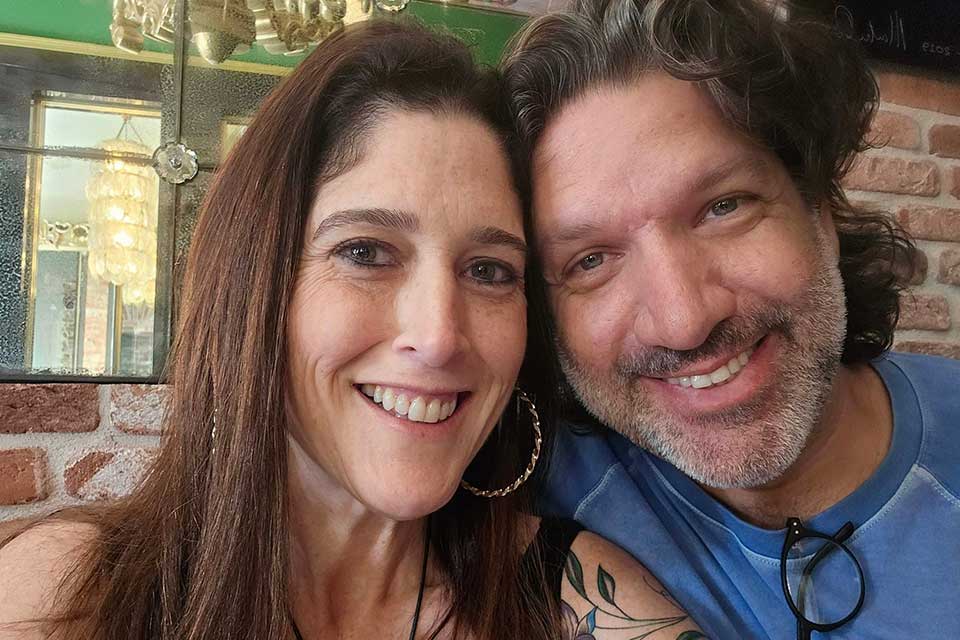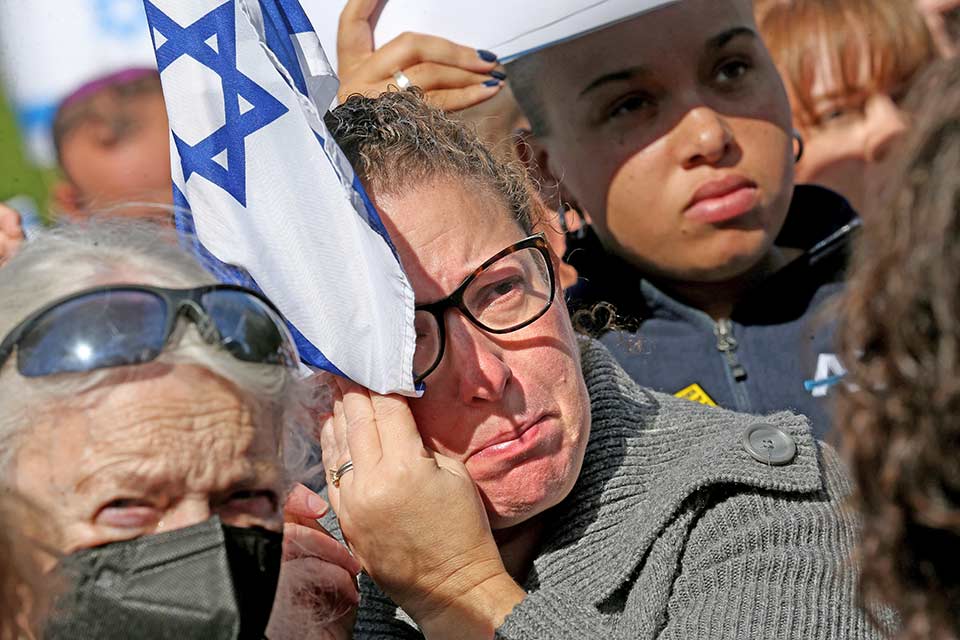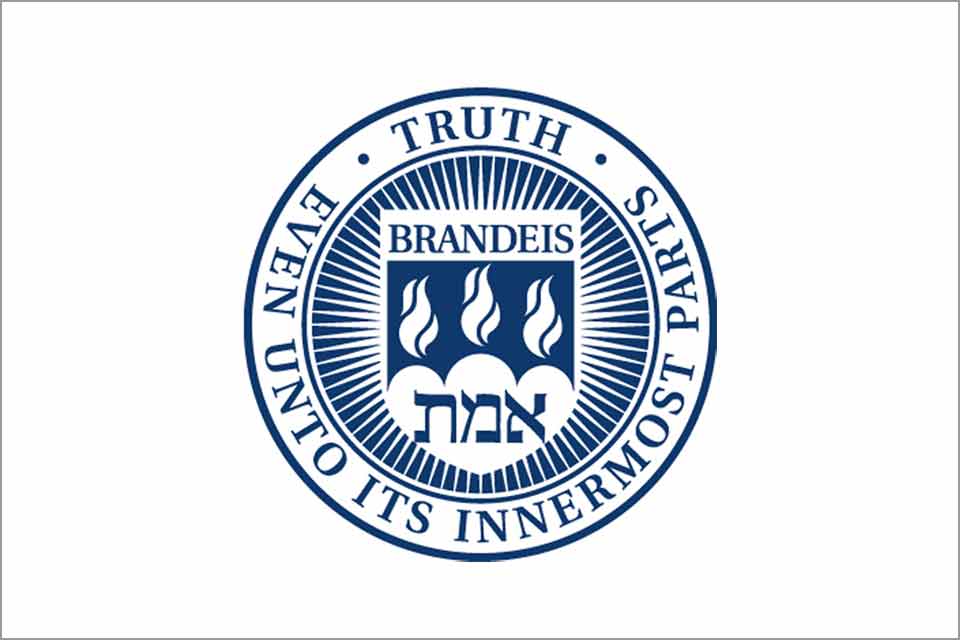Tragedy and trauma on the Gaza border
By Ilan Troen ’63
October 11, 2023

Deborah and Shlomi Matias
Deborah and Shlomi Matias died early Saturday morning in their home in Beersheva, Israel, where they were shot by Hamas terrorists. Their son, Rotem, survived because his parents shielded him from the gunfire.
Deborah was the daughter of Ilan Troen ’63, the Stoll Family Professor Emeritus in Israel Studies, and Rotem is his grandson. The following is Professor Troen’s first-person account and perspective. Troen first recounted the events to Daniel Estrin ’06, an Israel-based journalist for National Public Radio, who found his former professor in the Soroka Medical Center waiting room.
Deborah and Shlomi Matias were not murdered in a mere "attack." It was a pogrom.
This was a well-rehearsed act of unbridled violence, not the consequence of an individual’s momentary madness. It is the product of a government that has some recognition. Gaza, under Hamas, mobilized its citizens and trained them in the techniques of warfare to murder innocent civilians from infants to the elderly and did so, as in a pogrom, because of their victim’s faith and identity.
These victims are Jews, an identity that is disparaged by a deviant segment of a potentially tolerant faith with whom Jews have had relations since the seventh century, sometimes more positive than at other times, but always with a measure of discrimination.
Both communities have flourished on occasions with that kind of mutual embrace. But not with Hamas or with versions of current fundamentalist Islam that demeans and has already destroyed historic communities of Jews, Christians and others throughout the Middle East and North Africa. Israel is next on their list, but there they confront Jews who are prepared to protect themselves and still hope for mutual accommodation and peace. It will be a hard slog, but then we have been called "stiff-necked" by the Highest Authority.
The murder of Deborah and Shlomi is but one story of many. When we arrived at Soroka Hospital in Beersheva on Saturday night to look for Rotem, their son who survived with a bullet in his abdomen, we found a scene of anguish and anxiety shared by family members of the 680 victims that had already been brought there. All had a story. Most of us had been deeply involved in the horrific events in an intimate, ongoing, and entirely modern way. We and our loved ones have cell phones. This is not the classic war of soldiers at the front unconnected from civilians at the rear. Victims were in touch with family from shortly after Hamas invaded.
We first heard the repeated “bing, bing” of the app that alerted us to a missile attack somewhere in Israel. Beersheva’s residents had about 45 seconds to scurry to safety. There was the call from Deborah announcing they were attempting to lock their home and “safe room” since there was firing and shouts in Arabic in the neighborhood.
Then, there was repeated texting with Rotem, who survived first under his parents’ bodies and notified us of their death. He spent the next twelve or so hours hiding under a bed, and later under a blanket in the laundry room. His rescuers found him covered in a grey to black film from smoke in his house that, like others, was set on fire in the expectation that survivors could then be shot. The “chat,” involving family members throughout the country, provided advice, encouragement, and comfort until he was rescued that night.
Most of Israel was “there.” We heard the shots and shouts, and were present for the tragedy and relief in real time. It makes for a determined and engaged country resolved to confront the evil visited on us by an enemy who must be vanquished.
Ilan Troen is the Stoll Family Chair of Israel Studies, emeritus, at Brandeis, and the Lopin Chair in Modern History, emeritus, at Ben-Gurion University in Israel. He is author of “Israel/Palestine in World Religions; Whose Promised Land?”


